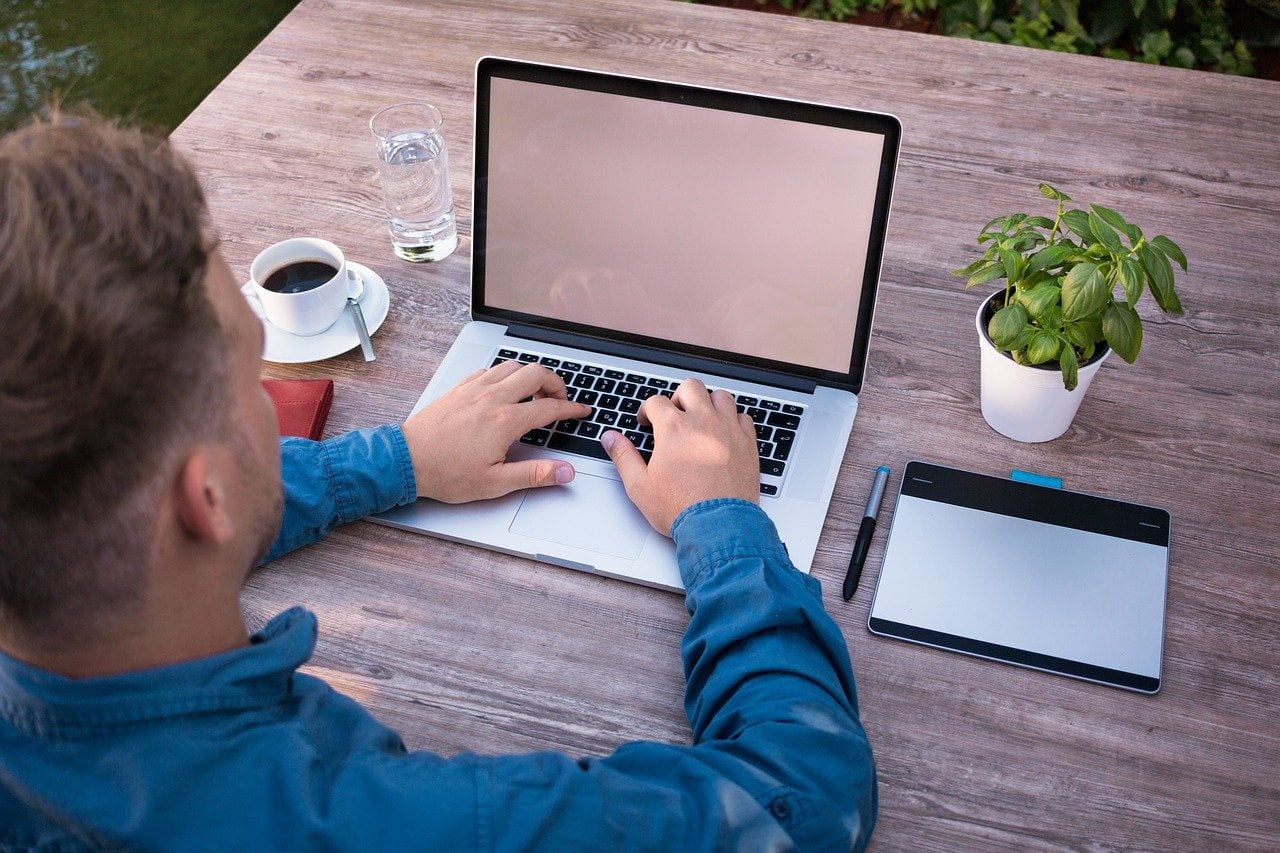Being an entrepreneur is always a good thing to be as you become the job creator. What’s even better is being a social entrepreneur as you are not just creating jobs but also making a positive impact on society. The term social entrepreneurship was rarely used a couple of decades ago, but now it is moving into the mainstream. More and more entrepreneurs are coming up with novel ideas that are not only sustainable but address social issues as well. Detailed below are the ten best social entrepreneurs.
Q4 2020 hedge fund letters, conferences and more
In simple words, social entrepreneurs are those who use their business to create social value. We have referred to several publications, blogs and websites to come up with our list of the top ten social entrepreneurs. It must be noted that the list is in no particular order, rather it details the ten best social entrepreneurs that meet our parameters. Following are the ten best social entrepreneurs:
-
Shireen Jaffer (Edvo)
Founded in 2018, the company helps people with tools to think and live better. As per the company, it provides the “tools for a life full of meaningful learning, critical thinking, and self-reliance.” Edvo’s products include: Personal Learning by Edvo and Mental Models by Edvo. Talking about Shireen, she also advises companies on recruiting and hiring practices, and is an active angel investor as well.
-
Maya Mutalik (Hope Sews)
Founded in 2018, Hope Sews is a cross-cultural fashion brand. The company creates and sells “contemporary, fashion-forward clothing” using fabrics from around the world. It also provides women entrepreneurs in developing communities with financial and other support they require to grow their business.
-
Dinesh Tadpalli (incrEDIBLE)
incrEDIBLE is the first company to mass-produce edible cutlery. With its edible cutlery, the company helps to address the waste generated by plastic utensils. The spoons from incrEDIBLE come in a variety of flavors, such as chocolate, vanilla, black pepper, masala, and more. These spoons are made of plant-based ingredients, including non-GMO wheat, corn, oats, brown rice and chickpeas. You can buy this edible cutlery on Amazon.
-
Brendan Brazier & Mark McTavish (Pulp Culture)
Founded in 2019, Pulp Culture makes use of fresh source-verified ingredients to come up with zero sugar, low calorie, "better for you" alcohol. The company uses naturally fermented, raw pressed juice to produce a “naturally alcoholic and certified probiotic beverage.” McTavish is a Beverage Industry Veteran while Brazier is among the world’s leading authorities on plant-based performance nutrition.
-
Quinn Fitzgerald & Sara Dickhaus de Zarraga (Flare)
Founded in 2016, this company mixes beautifully designed jewelry with technology. Basically, Flare designed jewelry helps wearers to get out of uncomfortable situations at the push of a button. For instance, a bracelet will have a hidden button, which when pushed sends messages and GPS tracking to friends, a pre-recorded call to your phone, or a call to the police. Flare even won a spot on TIME’s Best Inventions of 2020.
-
Topaz Smith (EN-NOBLE)
Founded in 2018, EN-NOBLE claims to create “unique and immersive cultural experiences.” Also, the company helps to strengthen the local communities by pledging to reinvest 1% of its revenue with local partners. Topaz has used her background in international tourism to create the foundation for EN-NOBLE. She has created an extensive network of local travel experts while travelling to different parts of the world.
Founded in 2018, Sharethelovely helps couples plan their wedding at a fraction of the original cost. As per the company, it is “reimagining wedding shopping through a multi-sided resale marketplace providing consumers and the bridal industry sustainable products & services for fairytale weddings at a fraction of the cost.” The company offers an online resale model along with an offline experience of “try-before-you-buy” shopping option.
-
Tiila Abbitt (Aether Beauty)
Abbitt’s Aether Beauty is challenging the beauty industry with clean cosmetics and sustainable packaging. She has a BFA in sculpture and an MFA in fashion design, as well as over five years of experience in the fashion industry. Abbitt has also worked for about seven years in charge of product development for makeup collaborations and accessories at Sephora.
-
Robert Luo (Mi Terro)
Mi Terro is a biotech company that develops protein fiber from milk waste. After coming across the issue of dairy waste, Luo came up with an idea to turn leftover milk into sustainable fibers, which can replace plastic in the fashion, medical and packaging industries. Luo’s start-up claims to produce a fiber that is durable and cheaper when compared to organic cotton.
-
Ruben Harris (Career Karma)
Harris is the CEO of Career Karma that helps aspiring software engineers by matching them with the right coding bootcamp. He also co-founded the Breaking Into Startups Podcast to help people with ways on getting a job. The podcast was a remarkable success with a social media reach of about 3 million people. Harris and his team are currently also working on Reskill America campaign, which helps people impacted by the coronavirus pandemic.






